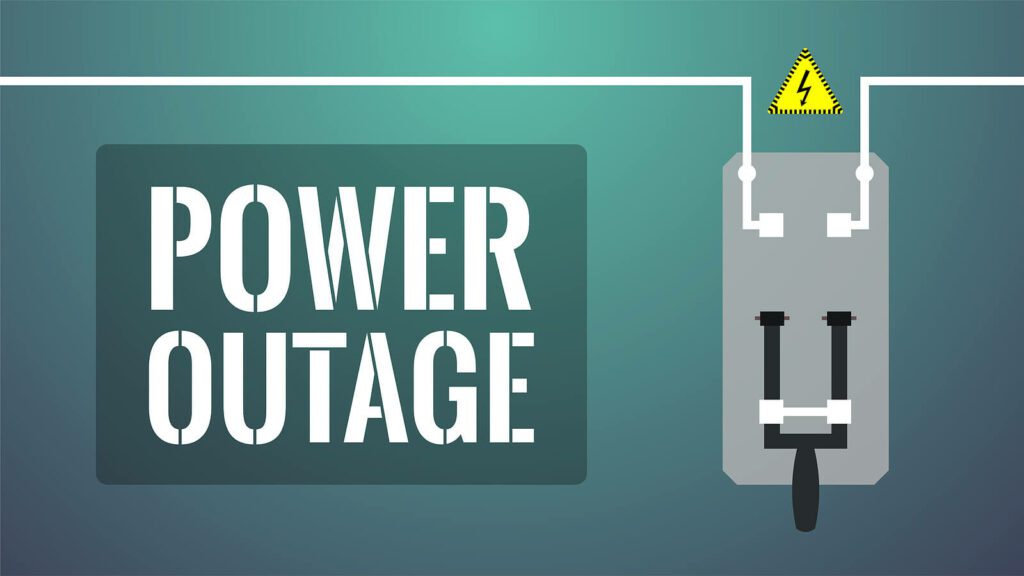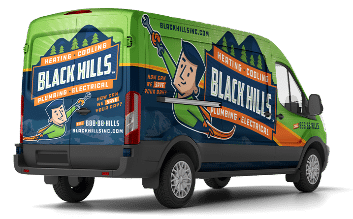Turning mechanical energy into electrical energy, a generator is a versatile machine. It can supply power to appliances, lights, and electronics during any kind of outage. But picking just any generator won’t do you much good. They come in different types, sizes, and with other specifications. Here is a guide to help you choose the best generator for your home.
Generator Types
A generator works by producing a magnetic field in a coil by spinning an engine-powered shaft. An electromotive force is produced, and your home receives power. These are the main types of generators to consider:
- Inverter Type: Are more suited for powering smaller items such as lights, radios, fans, or smart phones. These small generators are designed for portability and great for camping and boating. They’re also quiet and lightweight.
- Plug-in Generator: Uses a twist-lock extension cord to plug into your electrical subpanel. It requires extension cords to be run to wherever you need power. Generally, plug-in models have two or four outlets. The generator must be set up after the power goes out, which can be tricky, and requires at least 14-gauge cords and setting the unit up at least 10 feet from your home to avoid carbon monoxide poisoning.
- Standby Generator: Is wired to your home and continually monitors power via a transfer switch. The switch will automatically start the generator if you lose electricity. Most standby models can run kitchen appliances, central air conditioners, and other large systems. A whole house generator is a type of standby model. Standby generators are always linked to your home’s electrical circuits, so can deliver backup power within seconds of a power failure.
Your Generators’ Fuel Type
Fuel type is an important consideration when choosing a generator for your home. Most home generators are fueled by one of the following options:
- Gasoline: Gasoline is easy to find and convenient. It is available in easily stored or transported, 2- to 5-gallon cans and, when stored airtight, can last 3- to 6-months. If you have a fuel stabilizer on hand, it can last up to 3 years!
- Diesel: Gets you more energy per gallon and is extremely reliable. If you’re using a generator over a long period of time, a diesel model will perform best. Plus, you can store diesel fuel without stabilizers for 6 months to 1 year.
- Natural Gas: While less energy efficient, natural gas is the most cost-effective home standby generator fuel. You also never have to refuel the unit since it can be connected to natural gas pipelines. An outage won’t affect supply unless the fuel delivery system is disrupted.
- Propane: Liquid or vapor propane is often used for smaller inverter generators. It’s clean burning and liquid propane won’t deteriorate, so is suited for long-term storage. Like other generator fuels, it should never be used indoors.
Determine the Right Generator Power Rating/Size
Larger home generators are rated by kilowatt. If you rely heavily on air conditioning, consider that a 1-ton capacity AC uses 3.517 kilowatts and a 3-ton AC requires 11 kilowatts. Some generators can output over 100 kilowatts of power. Adding up all your electrical needs will help you determine the right power rating. Also consider the physical size of the generator, as you’ll need to both store the unit and its fuel on your property.
Generator Installation by Black Hills Inc. Home Services
We can help choose the right generator for your Olympia-area home, and handle the entire installation process. A generator can provide comfort and peace-of-mind when the power goes out as well as ensure your safety and security. To schedule generator installation service, contact us online or call 888-538-5821 today.

